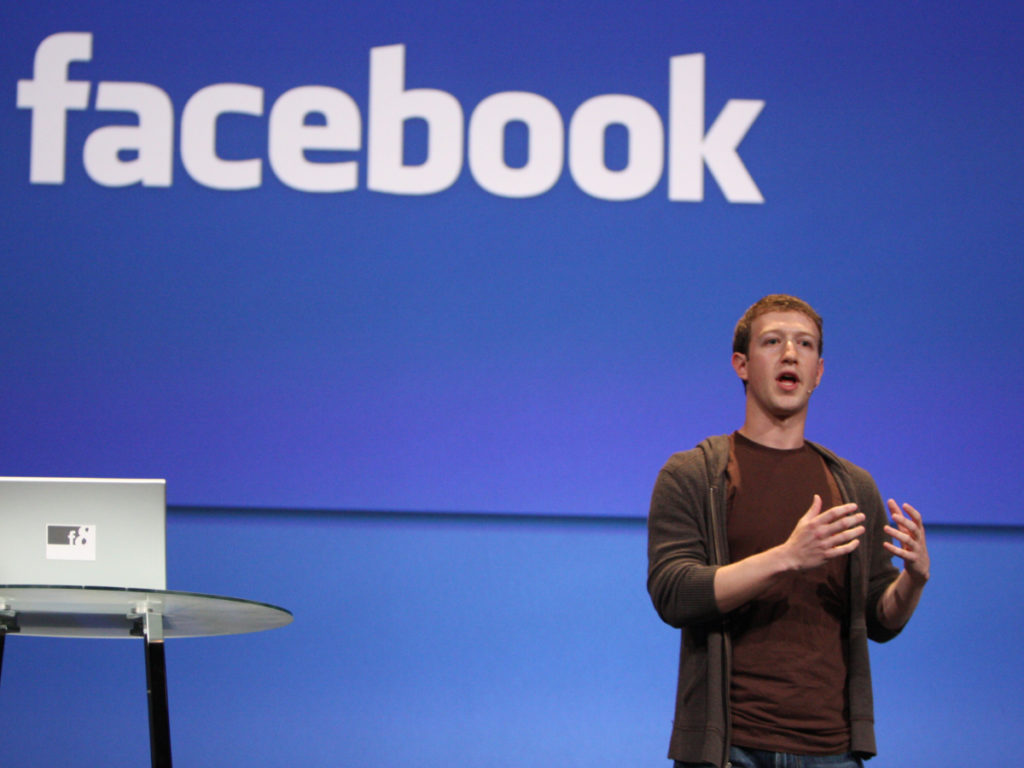
With COVID-19 sweeping the nation at an unprecedented rate, it is clear that the United States was ill-prepared for a pandemic of this scale. During such times we are reminded yet again of who suffers the most, and it is certainly not the lucky individuals in the upper echelons of society. Knowing this, it seems only logical that those with excess ought to help out those with less. Still, there is currently an extremely contentious discourse regarding this statement, chiefly as it pertains to the highest tier of the top 1% — billionaires.
In American dollars, $1 billion is the equivalent to a thousand $1 million. At the end of 2019 , the average yearly worker’s income was $48,672; assuming that they had no other expenses to pay, it would take them over 21,000 years to accumulate $1 billion. Of course, this is setting aside the truth that not all of this wealth is simply available to withdraw from the bank, but even when taking that into consideration, it is still the sort of wealth that the average person can hardly begin to fathom. It is safe to contend that no individual has true need of such a gargantuan amount of money.
Oftentimes, these individuals are touted as self-made people who rightfully earned their obscene amount of wealth. This is a broad and misleading title used to perpetuate the old idea of the American dream, a grossly idealistic notion that if one works hard enough, one can achieve incredible success and riches. The truth is not so simplistic.
In the case of someone like Mark Zuckerberg, the founder of Facebook and the fifth richest person in the world, one would argue that his contributions to charity and society is enough to warrant his wildly wealthy status. It is undeniable that attaining his level of success requires great skill and intelligence among other things. Certainly he deserves the success that he has enjoyed for the past two decades, but the extravagance is, again, unnecessary for a single person, and even he acknowledges the influential role that a privileged upbringing played in his fortune.
Furthermore, one ought to think critically about the labor that goes into building such an empire for oneself. After a certain point, it becomes other people doing the heavy lifting for them, and it is common knowledge that these employees are often exploited and not compensated fairly by the giant companies and moguls that they work for. This holds true for Zuckerberg’s Facebook, which pays its content moderators a mere 14% starting wage as compared to the company median and withholding certain benefits, an action that is at odds with the important work that they do.
In extreme but also not unheard of cases, this sort of exploitation leads to more than just unfair pay gaps, but serious breaches of human rights; just last December, Google, Tesla, Apple, Microsoft and Dell faced a lawsuit accusing these tech behemoths of aiding and overlooking the deaths and grave injuries of multiple Congolese children while they were working in cobalt mines for the production of technology supply chains.
Additionally, with their money and status, billionaires have the ability to transcend normal law. In accordance with the U.S. Internal Revenue Service, billionaire tax evasion is estimated to be about $458 billion in lost public revenue each year. There are many cases where they underreport or take their money overseas in order to avoid taxation and manage to escape punishment while regular working people dutifully pay.
Now, in spite of these terrible actions, it must be said that the problem is not inherently with the billionaires; simply because you have amassed a lot of wealth does not necessarily mean that you must devote every cent to solving all worldly difficulties. As with the issue of impoverished people and the extra strain that is being placed upon everyone due to COVID-19, there is far more at play than just the wealthy hoarding their money. The root of these problems exists within the deeply flawed capitalistic system that America is so devoted to, and within a federal government that was far too slow to react in the face of impending global illness.
However, such institutional problems are difficult to change, and the fact of the matter remains that billionaires do not accrue that kind of money without exploiting others along the way, and using questionable means in order to maintain it. In an ideal world, a good portion of this money would be redistributed to those in need while still leaving enough for the rich, but we must start somewhere. Knowing this and the unique power that they hold to help so many, billionaires should be generous with their wealth, especially now as multitudes endure the harsh repercussions of a terrible pandemic.








